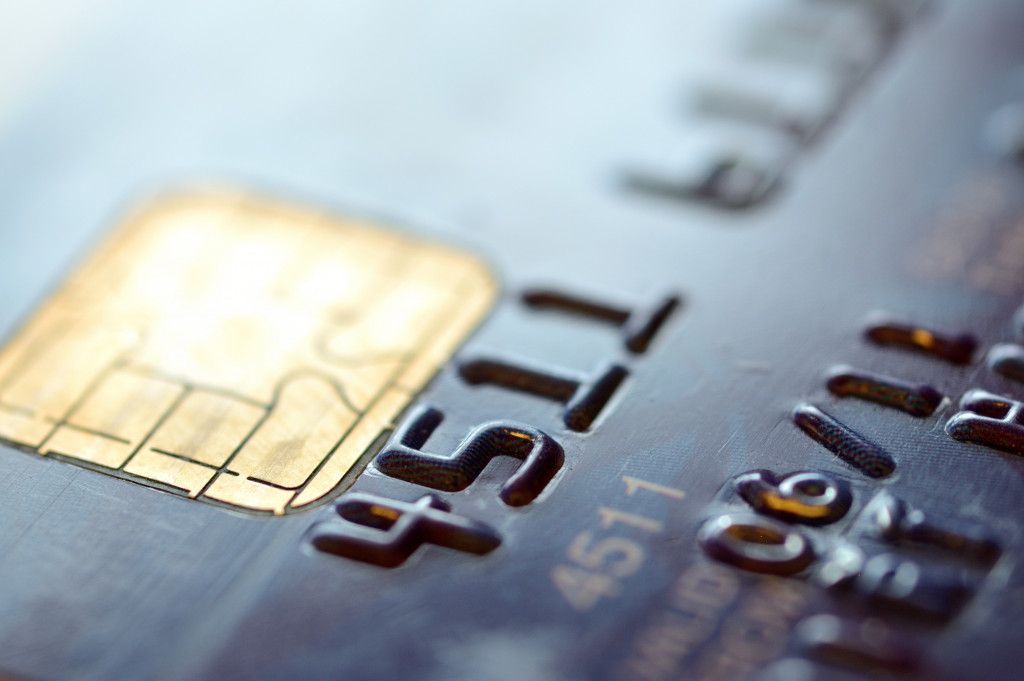Everyone makes mistakes, but if you don’t take action to fix your credit, it can haunt you for the rest of your life. A poor credit score can impact your ability to get a job, rent an apartment, and even affect car loan interest rates. It’s essential to understand what is in your credit report and how it affects your financial standing.
Even if you have had bad credit in the past, there are steps you can take to improve your credit score. FICO, which most lenders use when assessing your creditworthiness, gives consumers with poor or no credit history a higher score after one year of having an account with a company and making on-time payments.
If your credit is poor or nonexistent, you can take the following steps to help improve your score over time:
1. Check Your Credit Report and Monitor Your Score Monthly
When you check for errors in your report, you’ll be able to spot incorrect information or identify accounts that are reporting incorrectly. You should also monitor your credit score monthly to see if you’re making progress. Checking your report and score does not hurt your credit because it’s done with a soft inquiry, which is an inquiry that doesn’t affect your credit score. It’s essential to be aware of how much information is available about you on the internet. It is how identity theft happens, so you should constantly monitor your data.
2. Complete a Debt Management Program
Working with a non-profit credit counseling organization can help you establish a budget and start to pay down debt. It is a great way to consolidate high-interest loans and get assistance to repay the debt in a manageable manner over time. Since most debt management programs report positive repayment information to the credit bureaus, this is a good step for people who can make regular payments but need additional help organizing their balances and interest rates. The credit counseling agency will handle the costs to the creditors, so you won’t need to worry about making them every month.
3. Use a credit card and pay it off every month
If you want to build or improve your credit score, it’s best not to rely on cash as much as possible. Instead, use a credit card and make all of your purchases with it. When you pay off your credit card each month, it will improve your debt-to-credit ratio. The debt-to-credit ratio is how much of your available credit you are using every month. For example, if you have a $1,000 limit and you spend $500 in one month, then that’s 50% of your revolving credit that you’re using. For this reason, it’s advised to never use more than 30% of your available credit at the end of each billing cycle.

4. Do not max out credit cards
If you use too much of your available credit and can’t make your monthly payments, you will hurt your credit. You should try not to exceed more than 30 percent of your total available credit and keep the balances as low as possible. It is because it can keep your debt-to-credit ratio on point and prevent you from spending too much and possibly getting into more credit card debt. If you max out one or two cards each month, make sure to use a different card for all of your purchases.
5. Sign up for automatic bill pay
Research shows that consumers who sign up for automatic bill pay have better credit scores than those who don’t because it’s easier to make payments on time. The automated bill pay service saves you the trouble of remembering when your bills are due and will ensure that you don’t end up with late fees or other costly consequences. Several banks such as Bank of America and Chase allow customers to set up automatic bill pay services through their accounts for free.
6. Pay off debts in collections
If you have any unpaid bills in the collection, it will hurt your credit score until they are paid or settled. You should contact the company and try to resolve the debt for less than the total balance due. If you can’t afford to pay the debt, you should still contact them to see your options. The creditor may agree to a settlement for less than the total amount due. If not, you could negotiate with the creditor so that you pay off the debt in small monthly installments over time.
7. Live within your means
If you are trying to get a loan for a house or car, lenders will consider how much debt you have relative to your income. If you’ve purchased luxury items out of your price range, it will affect your score. You can look for car lots that accept bad credit at low prices. It may not be easy if you’ve recently received an inheritance or won the lottery, but it’s important not to stretch your budget.
8. Start saving or putting aside money
If you cannot pay off your credit card balance every month, start putting aside money in an account where the funds are not linked to your debit or credit cards. It will allow you to see how much money you have set aside for emergencies and make it easy to avoid using your credit cards.
9. Take advantage of low interest loans or lines of credit
If you are in the market for a new car, it’s wise to take advantage of available low-interest loans. Even if you don’t need additional funds, you might want to open up a line of credit at your bank, so you have easy access to extra money if needed.
Being financially savvy is relatively easy if you know what to do, and these tips outlined above can help you towards a stable financial situation. No matter what your credit standing, these tips are proven foundations for creating and maintaining personal wealth.

